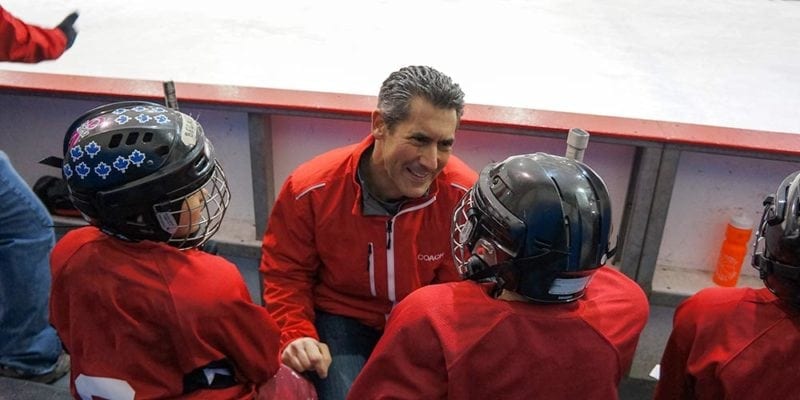The Jones family is your typical American family. Dad runs a small technology business, Mom works part-time and spends the rest of her day trying to keep up with the kids. Brother is in middle school plus every imaginable sports league, sister is in fifth-grade and is all about her friends. What makes these family members interesting is their tendency to blame others when things go wrong. Dad complains that Mom doesn’t understand his pressures. Mom berates Dad when he runs late and spoils dinner. Brother yells at Mom when his baseball uniform is dirty. Sister fusses when her brother’s schedule interrupts her playdates.
Between the kids blaming the parents for incomplete homework, Mom nagging Dad about time together, and Dad criticizing the children because Mom is stressed, it’s obvious that something’s got to give. Mom, Dad, and eventually their children realized that changing themselves was the only modification they could really count on. And that changed everything. Here are 6 ways self-improvement will heal your relationships.
1. Looking at ourselves means we respect others.
When we take responsibility to make a situation better, we start to think about the needs of others. It shows them respect. When we respect others, it has the effect of lowering barriers. Lowered barriers lead to increased communication.
2. Judge yourself, not them.
Once we take responsibility for ourselves, we tend to stop judging others. “What can I do to make family dinners more conversational?” is more effective than, “Sarah, I’m tired of your one-word answers to my questions.”
3. It has a domino effect.
When we change ourselves—the only change we can control—others in the family begin to relate to us differently. For example, if I show genuine interest in my daughter’s day, then she is more likely to show interest in me. Self-improvement tends to inspire others.
4. Owning my own feelings leads to good psychological health.
Once we stop the blame game, we clear the way to engaging our personal potential and are no longer blocked by the sabotage of giving over the power for change to our children or a spouse.
5. Hope enters the equation.
Once positive change begins, an atmosphere of “more change is possible” is created. “Dad actually asked about my day. Who knows what might happen next?!”
6. It becomes about what I can give, not what I can get.
Changing others is about satisfying our own demands. Changing ourselves shifts the focus to service, to giving to the family, and to the kind of love that is others-oriented instead of self-seeking.
Sound off: In what ways has self-improvement helped your relationships?











Huddle up with your kids and ask, “What’s something I can change about me that will help our family?”